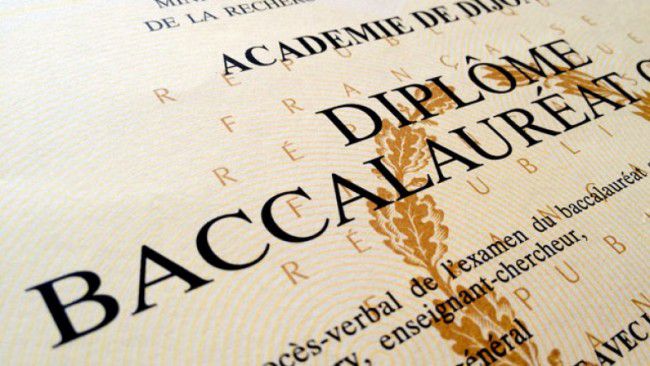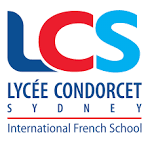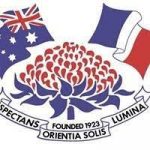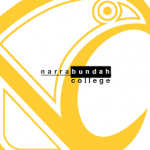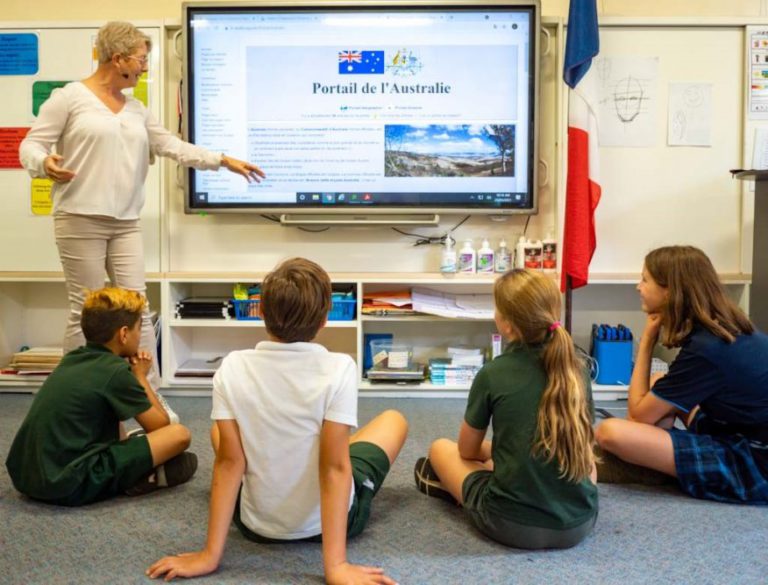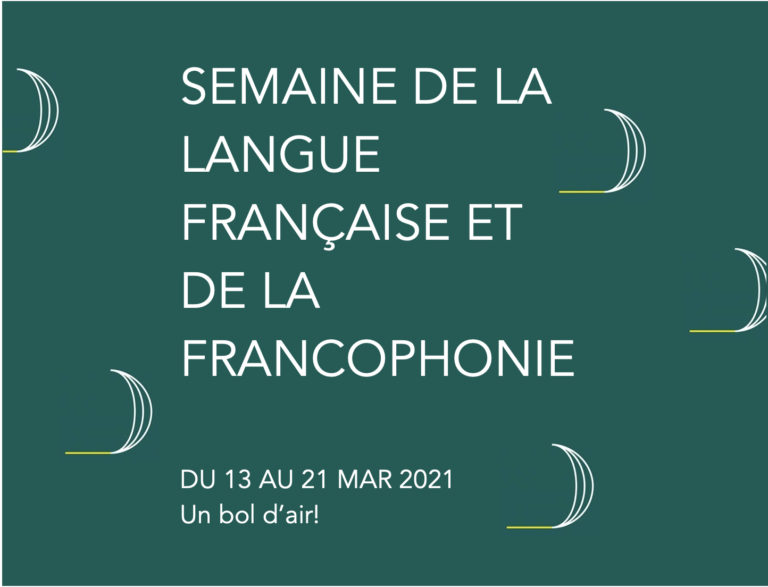What is the baccalauréat?
The baccalauréat, often known in France colloquially as the bac, is a French national academic qualification that students obtain at the completion of their secondary education (at the end of the lycée) like the Australian equivalent; the High School Certificate (HSC). Unlike the HSC, it is a two-year programme in which oral and written exams account for 60% of the final grade, and ongoing assessments for the remaining 40%.
Depending on the school, students have the following options:
- the baccalauréat général (general baccalaureate), with three different specialisations: Literary, Scientific, or focusing on Economics & Social Sciences
- the baccalauréat technologique (technological baccalaureate)
- the baccalauréat professionnel (professional baccalaureate)
Schools offering the baccalauréat in Australia:
1. Lycée Condorcet in Sydney:
At the Lycée Condorcet Sydney, the mission is to give students a world-class education in an international environment that allows them to graduate as French-English bilingual citizens of the world. As well as offering a complete school curriculum for children aged 3 to 18 in French and English, LCS is also a member of the worldwide network of French schools abroad and follows the principles and values of educational excellence “à la française.” Students come from all over the world and from many different backgrounds to gain a high-quality, well-rounded education in a French yet multi-cultural environment. After graduation, they are able to pursue further studies anywhere they choose as citizens of the world.
The primary school and the education program are designed to facilitate the bilingual program. To maximise the early development of the French language in an English-speaking community, students in Kindergarten, Year 1 and Year 2 have four days of French instruction and one in English (80:20 split). Students then have 50:50 English/French instruction from Year 3 to Year 6, inclusive.
To support the development of bilingualism and to promote ‘switching’, a critical aspect of bilingualism, students have up to three hours per week in bilingual periods where French and Australian teachers work together with each class in which students are expected to operate in both languages. That is, Kindergarten and Year 1 have three hours and Years 2 to 4 have one hour per week. By Year 6 students are working bilingually at an age-appropriate level.
From age 11 to 15, students begin getting familiarised with the teaching methods of Secondary School and preparing for the French national diploma (DNB). All throughout Junior Secondary School, students delve into important subjects that they have touched on briefly in Elementary School. The curriculum in Junior Secondary School is intense but varied, and our teachers are all specialised in their areas and subjects.
2. Telopea Park School / Lycée Franco-Australien de Canberra & Narrabundah College
Telopea Park School, Le Lycée Franco-Australien de Canberra took its first students in 1923. Since 1983, it has been a binational French-Australian school, established as the result of an agreement between the Governments of France and Australia. The agreement sets the parameters within which the school operates.
In the primary section, the school provides a bilingual education from Kindergarten to Year 6. All students learn to speak, read and write in French and English. The bilingual program continues in the Secondary part of the school to Year 10 and to Years 11 and 12 at the nearby Narrabundah College. In the secondary section, there are two streams : the French stream and the English stream (forming a normal ACT high school). The French Stream provides instruction for the Brevet examinations in year 9 and the Australian stream an educational program meeting the requirements of the ACT. In the Primary, the curriculum is a harmonised French-Australian curriculum. The French curriculum has been adapted to take into account local requirements but still conforms with the programs and official instructions of the French Ministry of Education. In the same way, the Australian curriculum has been modified to take into account French requirements but also satisfies the requirements of the ACT Education Directorate.
At Telopea Park School, the students also come from a diverse range of cultural backgrounds, well over a third of the students were born outside Australia and a fifth of the students speak a language other English at home. About 12 % of the students come from France or French-speaking countries.
Why do the French baccalaureate in Australia?
First of all, research shows that bilingual learning is not only cognitively beneficial and critical in the development of language capabilities, but that it also teaches values and beliefs that enhance intercultural understanding and global awareness. French in particular is a very useful language to learn, it is spoken throughout the world and is one of the most useful languages to know in the world of business. For more reasons to learn French, visit the website of the French Ministry of Europe and Foreign Affairs.
The French Baccalaureate is an internationally recognised diploma that is often considered a reference when evaluating general cultural knowledge, critical thinking, and academic progress. It is an all-encompassing, adaptable, and demanding pre-university programme. It is said to be all-encompassing because it includes humanities studies (literature, philosophy, foreign languages), science, sport, and a wide choice of elective subjects in the fields of science and mathematics, social sciences or language and literature. The programme is adaptable as it offers students the possibility to choose their elective subjects as of year 11. For example, a student in year 11 could decide to discontinue studying mathematics while another, through his or her electives and options, could choose to study up to 9 hours of mathematics per week. It is a demanding programme with students reaping the benefits; students are expected to acquire, organise and express in-depth knowledge to develop their critical thinking skills necessary as they become informed and active citizens of society.
The baccalaureate offers an excellent conversion rate in the ATAR system and is recognised by universities across the globe, students who obtain the diploma can continue their studies almost anywhere in the world. While many students choose to pursue tertiary studies in France, others go on to study in Australia, Canada, Switzerland, the United States, and the United Kingdom.

